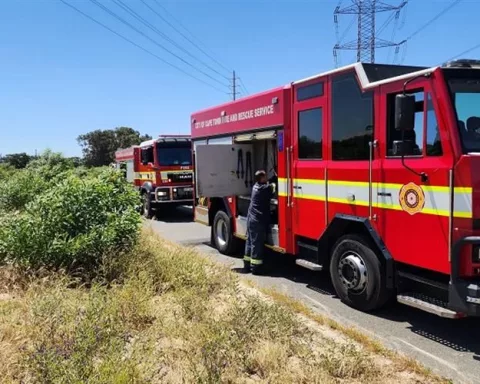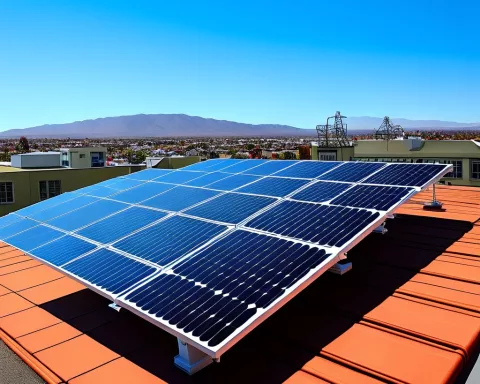Solar power is rapidly becoming a popular sustainable energy choice for residential and commercial applications. However, recent incidents have raised concerns over the safety of this technology. In July of last year, a fire broke out at Vodacom’s Century City headquarters, leading to speculations that the solar panels on the building’s roof caused the blaze.
Vodacom Refutes Claims
Vodacom has denied these claims, revealing that a preliminary forensic investigation shows that the solar panels were not the cause of the fire. According to the mobile service provider, the fire resulted from an electrical fault instead. While the investigation is still ongoing, Vodacom has expressed regret over the early speculation, which cast a negative light on solar energy technology.
Other Incidents
The City of Cape Town has also reported several fire incidents involving backup electricity solutions, such as inverters and solar panels. In one instance, a local shopping center had to close down after the battery of an inverter ignited. In another incident, wires on a factory roof where solar panels were installed caused a blaze, and firefighters had to wait for technicians to isolate the panels before extinguishing the fire.
Proper Installation and Maintenance are Key
Despite these incidents, solar energy technology has a strong safety and efficiency record. Proper installation and maintenance are essential in preventing accidents and ensuring that solar power systems operate safely. The City of Cape Town encourages residents to take necessary precautions and be prepared for emergencies related to electrical systems.
Solar Power Remains a Safe and Environmentally Friendly Option
It is essential to recognize that no energy source is entirely risk-free. However, it is equally crucial to understand that solar power remains a safe and environmentally friendly option for homes and businesses alike. As the investigation into the Vodacom fire continues, the industry and the public must continue to invest in and advocate for sustainable, clean energy solutions.
Until the final report on the Vodacom fire is released, it is crucial to remember that solar power, when correctly installed and maintained, is a safe and reliable choice for reducing carbon footprint and combating climate change.












